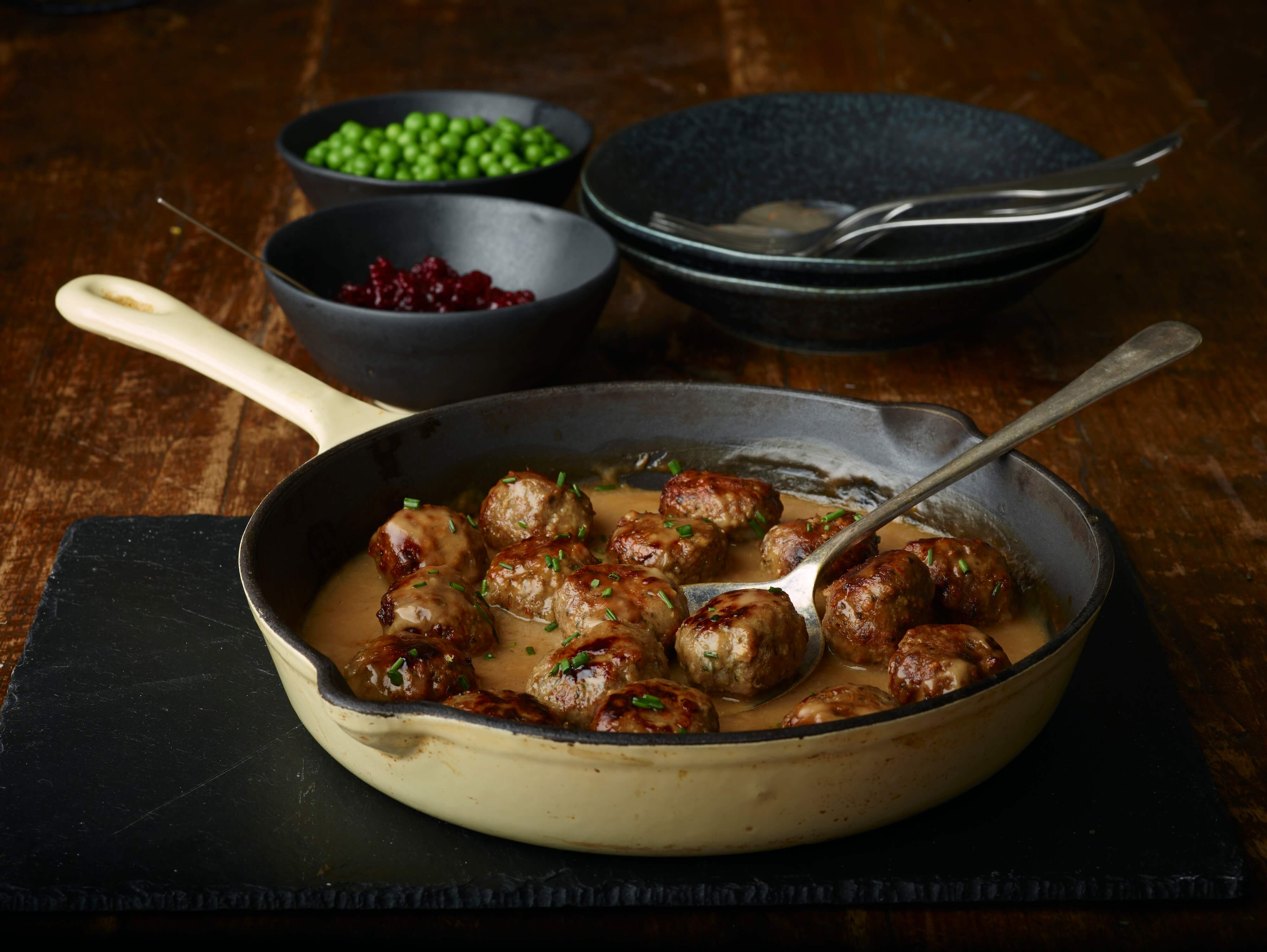Ever wondered what gives your banger its snap, sizzle or chew?
It’s not just the meat—it’s what it’s wearing! From natural pork to seaweed-based alginate, we’re lifting the lid on six of the most commonly used sausage casings. Grab your fork and follow along

“Old-fashioned? Nah—just proper.”
Traditional, tender, and full of flavour, natural pork casings are made from cleaned pig intestines providing that snap, stretch and sizzle. Whether from the pan, the grill or the BBQ, for many the OG is perfection; it smells right, bites right and tastes like home. That said it can be a challenge to create uniformity especially when made in large quantities.

Need speed? Meet pork collagen casings.
Made from pig skin, these casings are smooth, snappy and are great for creating a uniform size in high-volume runs. On the more expensive end of the casing spectrum, this casing also offer up a tasty longer shelf life sausage, just without that rustic look.

No meat? No problem.
Made from plants and cellulose, these skins are often used for vegan sausages or if you're keen to avoid using animal-based products, but don’t expect to hear that same sausage snap because these are real softies.

Thick-skinned and proud.
Beef collagen casings are tough enough for big boys - think frankfurters and salamis - as they're great for smoking and dry-curing. Be warned: if overcooked it can turn a little rubbery. Think muscle - not mince.

Ever eaten a sausage wrapped in seaweed? You might have.
Natural vegetable casings are made from plants and algae - used in veggie and “clean” meat sausages, they're great for automation, but can feel like something’s missing.

This one’s from the science lab
Alginate casings are made with seaweed extract that is applied as a gel that forms instantly in a calcium bath.
No soaking. No mess. No skin. These are built for speed so expect a soft bite and no crispness. In our opinion, think sausage imitation rather than celebration.
Natural? Synthetic? Plant-based?
We've seen it all in our 90 years of making great sausages, but when it comes to what your sausage is wearing, the casing matters more than you might realise.










